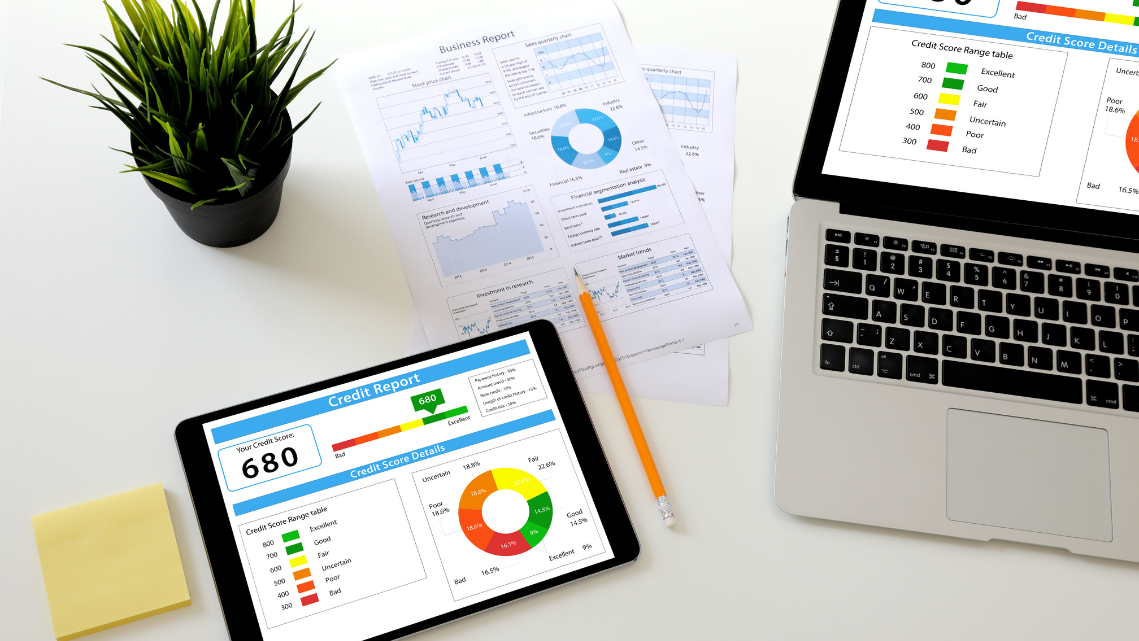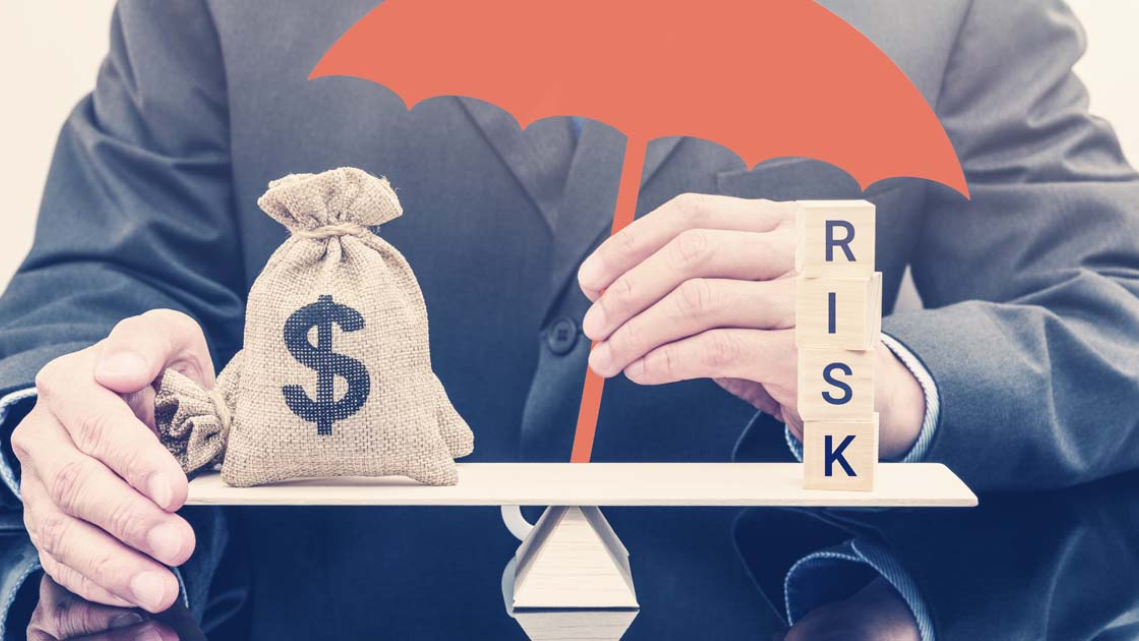Economic uncertainty can create financial challenges that impact your ability to manage credit effectively. Whether it’s a recession, market volatility, or global economic shifts, having a solid plan for managing credit is essential. This article outlines key strategies to help you navigate economic turbulence while maintaining a healthy credit profile.
Assess Your Current Financial Situation
Review Your Credit Report
Start by obtaining a copy of your credit report from major credit bureaus. Check for any inaccuracies or discrepancies that could negatively impact your credit score. Dispute any errors you find to ensure your report accurately reflects your credit history.

Understand Your Credit Score
Your credit score is a critical indicator of your financial health. Knowing your score and what factors influence it can help you make informed decisions about managing your credit. Aim to maintain a high score by managing your debt responsibly.
Create a Budget and Stick to It
Track Your Expenses
Use budgeting tools or apps to track your expenses and identify areas where you can cut back. Understanding where your money goes each month can help you allocate funds more effectively, especially during economic downturns.
Prioritize Essential Spending
Focus on essential expenses like housing, utilities, food, and healthcare. Limit discretionary spending and avoid unnecessary purchases to free up funds for debt payments and savings.
Build an Emergency Fund
Set Aside Savings
An emergency fund provides a financial cushion during uncertain times. Aim to save at least three to six months’ worth of living expenses. Regularly contribute to this fund, even if it means starting with small amounts.
Use High-Yield Savings Accounts
Consider placing your emergency fund in a high-yield savings account to earn interest on your savings. This approach helps your money grow while remaining easily accessible in case of emergencies.
Manage Debt Wisely
Pay More Than the Minimum
If possible, pay more than the minimum payment on your credit cards and loans. Doing so reduces the principal balance faster, decreases the amount of interest you pay over time, and can improve your credit score.
Prioritize High-Interest Debt
Focus on paying off high-interest debt first, such as credit card balances. Reducing high-interest debt can save you money in the long run and reduce financial stress during economic uncertainty.
Consolidate Debt
Debt consolidation involves combining multiple debts into a single loan with a lower interest rate. This strategy simplifies your payments and can reduce the total interest you pay. However, carefully consider the terms and fees associated with consolidation loans.
Communicate with Creditors
Negotiate Payment Plans
If you’re struggling to make payments, reach out to your creditors. Many lenders offer hardship programs or can negotiate more manageable payment plans. Being proactive and communicating your situation can prevent missed payments and protect your credit score.
Seek Deferment or Forbearance
In times of economic hardship, some creditors may offer deferment or forbearance options, allowing you to temporarily pause or reduce payments. While interest may continue to accrue, these options can provide short-term relief.
Utilize Credit Wisely
Avoid Opening New Credit Accounts
During economic uncertainty, avoid opening new credit accounts unless absolutely necessary. Each application results in a hard inquiry on your credit report, which can temporarily lower your credit score.
Keep Credit Utilization Low
Credit utilization refers to the percentage of your available credit that you are using. Aim to keep your utilization below 30% to maintain a healthy credit score. Pay down balances and avoid maxing out your credit cards.
Protect Your Credit
Monitor Your Credit Regularly
Regularly monitor your credit report for signs of fraud or identity theft. Many credit bureaus and financial institutions offer free credit monitoring services that alert you to any unusual activity.

Freeze Your Credit
If you suspect identity theft or want to prevent new credit accounts from being opened in your name, consider placing a credit freeze on your credit report. This action restricts access to your credit report, making it harder for identity thieves to open accounts in your name.
Seek Professional Advice
Consult a Financial Advisor
A financial advisor can provide personalized advice tailored to your unique financial situation. They can help you develop a comprehensive plan for managing credit and navigating economic uncertainty.
Use Credit Counseling Services
Non-profit credit counseling services offer free or low-cost assistance with budgeting, debt management, and financial planning. These services can provide valuable support and resources during challenging economic times.
Conclusion: Navigating Economic Uncertainty with Confidence
Managing credit during economic uncertainty requires proactive planning, disciplined financial habits, and a clear understanding of your financial situation. By implementing these strategies, you can maintain a healthy credit profile, reduce financial stress, and navigate economic challenges with confidence.



